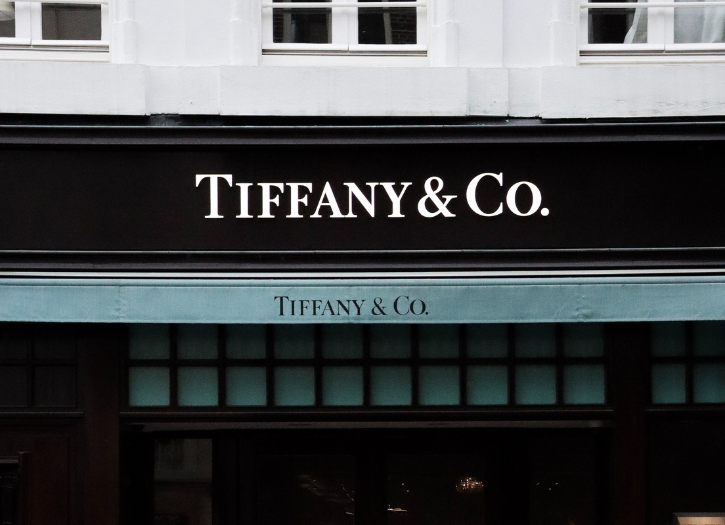In November 2019, LVMH announced its purchase of Tiffany & Co for $16.2 billion, $135 per share.
After LVMH decided to cancel the pending purchase of Tiffany in September 2020, Tiffany filed suit, asking the court to compel the purchase or to assess damages against the defendant; LVMH planned to counter-sue, alleging that mismanagement had invalidated the purchase agreement. In mid-September 2020, a reliable source told Forbes that LVMH had decided to cancel the deal because Tiffany was paying millions in dividends to shareholders despite financial losses during the COVID-19 pandemic. Some US$70 million had already been paid by Tiffany, with an additional US$70 million to be paid in November 2020. LVMH filed a counterclaim against the court action commenced by Tiffany; a statement issued by LMVH blamed Tiffany’s mismanagement during the pandemic and claimed that it was “burning cash and reporting losses”.
In late October 2020, LVMH announced that it had agreed to buy Tiffany & Co. at a reduced price of almost $16 billion, and lowered the price from $135 per share to $131.5 per share. The court cases would be set aside. In December 2020, Tiffany & Co’s shareholders approved a $15.8 billion deal with LVMH. The deal closed on January 7, 2021, and Tiffany’s stock was delisted from the New York Stock Exchange After LVMH’s acquisition, several of Tiffany’s senior leaders were replaced with executives from other sectors of LVMH. Alexandre Arnault, the son of LVMH’s CEO Bernard Arnault, was given the role of executive vice president.
LVMH group’s plans include expanding Tiffany & Co.’s presence in Europe and China. “Tiffany is less exposed than rivals to Asia-Pacific – a major driver for luxury sales – which accounted for 28% of its worldwide sales of $4.4 billion in 2019.”Partnership with Riot Games. Announced that Tiffany & Co. will design the trophy for the League of Legends World Championship 2022. Since 1940, Tiffany’s flagship store has operated at the corner of Fifth Avenue and 57th Street in Manhattan, New York City.
On March 8, 2001, Tiffany launched its first Latin American store in São Paulo, Brazil, located in the Iguatemi São Paulo shopping center.[77] The company opened a second store in the city on October 20, 2003, near the famous Oscar Freire Street.In 2004, Tiffany created “Iridesse”, a chain of stores dedicated to pearl-only jewelry. The company operated 16 stores in Florida, New Jersey, New York, Pennsylvania, California, Illinois, Massachusetts, and Virginia. However, the chain operated at a loss since its founding and the company announced in early 2009 that, despite its continued belief in the concept, it would discontinue Iridesse due to the financial crisis of 2007-2008.
As of 2018, Tiffany operated 93 stores in the US and 321 stores worldwide, including (as of 31 January 2017) 55 locations in Japan and 85 in the Asia-Pacific region. Net sales in 2018 totaled US$4.44 billion.







Add Comment
You must be logged in to post a comment.